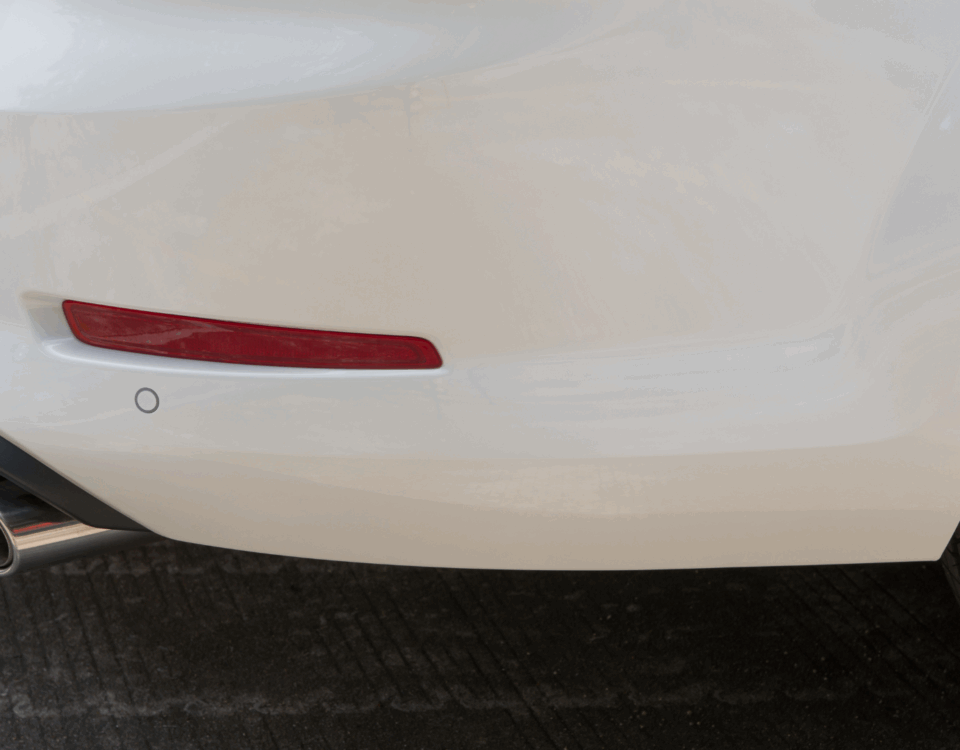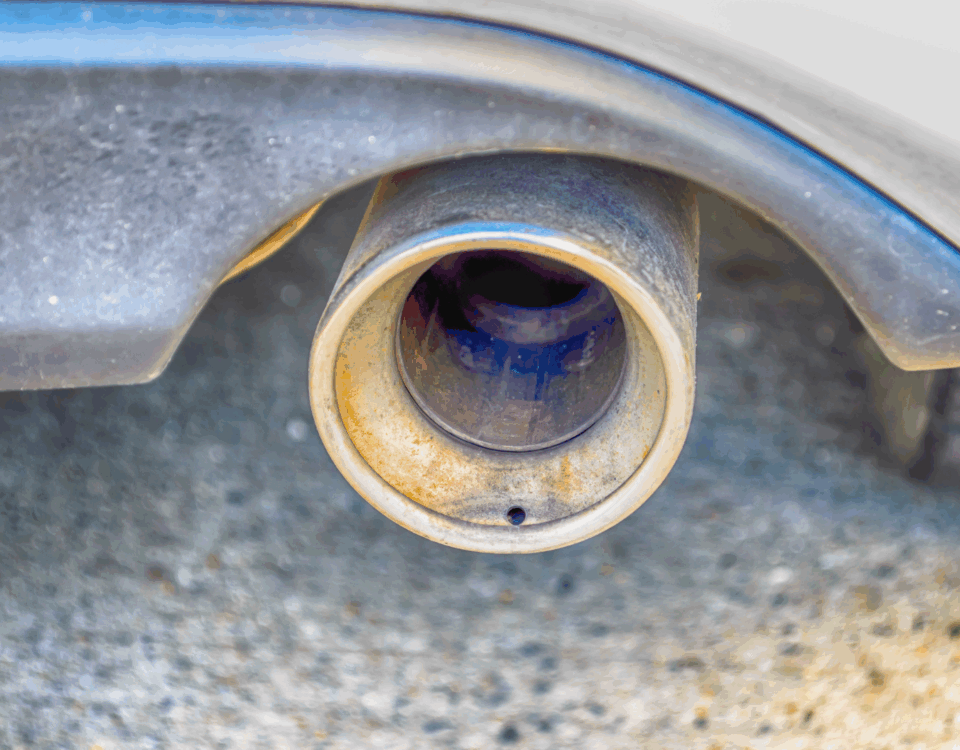Smog Test Requirements by State: What You Need to Know
October 22, 2024Smog Check Rules and Regulations by State: An Overview
October 29, 2024Smog test are an essential aspect of vehicle ownership in many states across the U.S. These tests help reduce harmful emissions, ensuring that vehicles on the road comply with state regulations to protect air quality. Understanding the specific smog test requirements in each state can be crucial for vehicle owners. This comprehensive guide explores the nuances of smog testing across the country.
What Is a Smog Test and Why Is It Important?
A smog test is a procedure designed to measure the amount of pollutants your vehicle emits. It’s part of a broader effort to reduce air pollution and maintain healthier air quality levels in urban and suburban areas. States that mandate these tests typically require vehicles to pass them before registration or renewal. Smog tests help reduce the harmful gases and particulates that contribute to environmental problems like smog, acid rain, and respiratory illnesses.
The importance of smog tests extends beyond environmental concerns. They also ensure that vehicles are running efficiently, leading to better fuel economy and improved engine performance. For drivers, this can mean savings in the long run, as well as a safer and healthier environment for everyone.
Smog Test Requirements by State
Smog test regulations vary significantly from state to state. While some states have stringent testing requirements, others may not require them at all. Typically, states with higher levels of air pollution are more likely to mandate smog tests. For example, California has some of the most stringent testing requirements in the U.S., while states like Michigan have none. Vehicle owners must check the regulations for their specific state, as these rules can also differ based on the vehicle’s make, model, and year.
Many states, such as Nevada, require smog testing annually or biennially. Other states only require testing for certain regions, particularly areas with higher levels of air pollution. Additionally, exemptions may apply for newer vehicles, hybrid or electric cars, and in some cases, vehicles that are over a certain age, such as classic or antique cars.
Vehicles That Require a Smog Test
Most states require smog tests for specific types of vehicles, particularly those that run on gasoline or diesel. In general, older vehicles tend to produce higher emissions, which is why they are often subject to stricter testing requirements. States usually exempt electric cars and hybrids from these tests, given their lower emission levels. However, some hybrid models may still be required to undergo testing depending on the state.
Certain states have special provisions for vehicles based on their weight or engine size. Heavy-duty trucks and commercial vehicles, for example, may require different smog testing protocols. It’s essential for vehicle owners to know which category their vehicle falls into and whether they are required to perform a smog test before registration.
How to Prepare for a Smog Test
Preparation is key to passing a smog test, and there are several steps vehicle owners can take to ensure they meet the necessary requirements. First and foremost, ensuring the vehicle’s engine is in good working condition is essential. A well-maintained engine is more likely to produce fewer emissions, which increases the chances of passing the test. Regular oil changes, timely replacement of air filters, and keeping up with scheduled maintenance can all contribute to better performance.
Another crucial factor is warming up the vehicle before the test. A properly warmed engine tends to burn fuel more efficiently and reduces the likelihood of emitting excessive pollutants during the test. Additionally, it’s important to ensure that no warning lights, especially the “check engine” light, are illuminated before heading to the testing center, as this could result in an automatic failure.
Smog Test Failures and What to Do Next
If a vehicle fails the smog test, it’s not the end of the road. Most states allow vehicle owners to make necessary repairs and retake the test within a specified period. Common reasons for failing a smog test include a malfunctioning oxygen sensor, worn-out spark plugs, or a damaged catalytic converter. Once the issues are addressed, a retest can be scheduled.
In some states, vehicle owners may qualify for financial assistance or repair waivers if they meet specific criteria. It’s also worth noting that repeated failures may lead to registration delays or penalties, so it’s critical to address any emission-related issues promptly.
Understanding the smog test requirements in your state and keeping your vehicle well-maintained are essential steps toward passing the test and keeping emissions in check. While smog tests can sometimes be an inconvenience, they play a significant role in promoting environmental health and reducing air pollution across the country.





